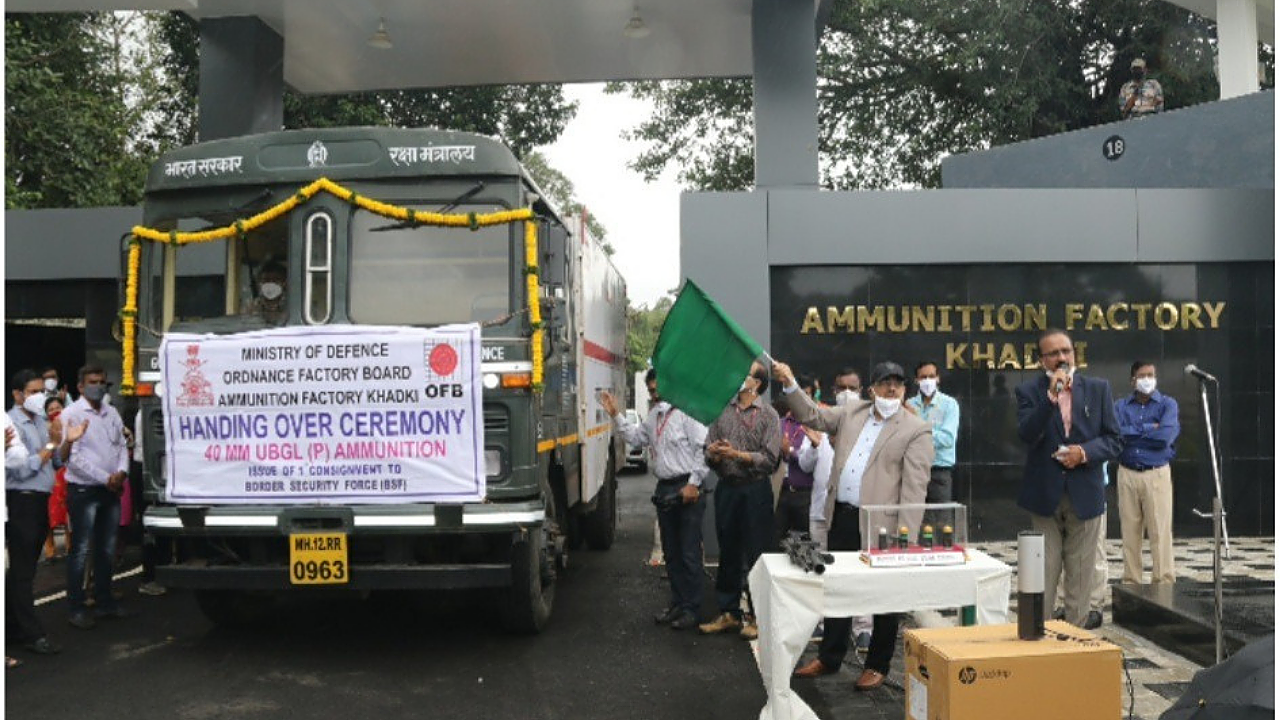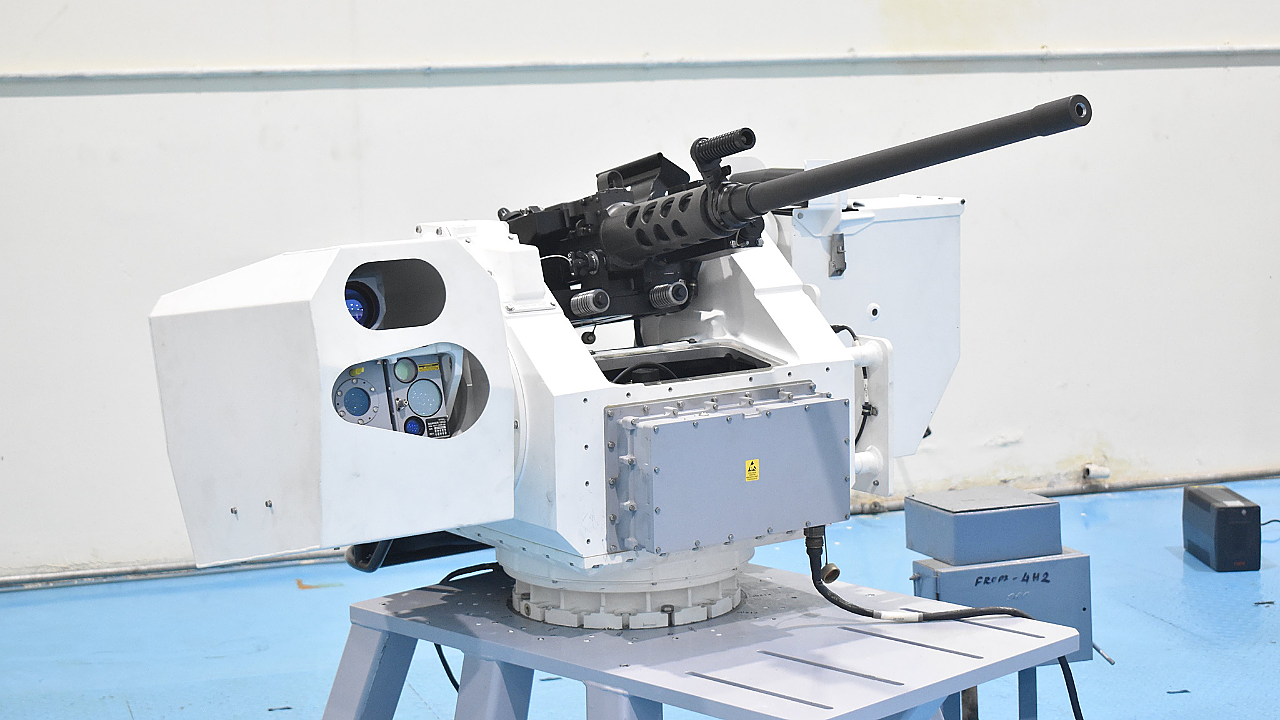
In a major step towards increasing the competitiveness, efficiency and productivity of the Indian defence sector, the government has created seven new defence companies carved out from the mammoth Ordnance Factory Board (OFB).
The seven new companies were dedicated to the nation last week by Prime Minister Narendra Modi. Named as Munitions India Limited (MIL); Armoured Vehicles Nigam Limited (AVANI); Advanced Weapons and Equipment India Limited (AWE India); Troop Comforts Limited (TCL) (Troop Comfort Items); Yantra India Limited (YIL); India Optel Limited (IOL) and Gliders India Limited (GIL). The new entities commenced business from October 1 and, with 41 factories spread nationwide under their control, already have an order book of over INR 65,000 crore.

Revitalising Defence Industry
The decision of the government to ‘clean the Augean stables’ and convert the OFB from a government department and divide it seven 100% government-owned corporate entities is a major reform of the nation’s defence industry and will play an important role in creating a competitive defence manufacturing ecosystem with India.
Stating that the decision of creating these companies was stuck for a long time, PM Modi expressed the belief that these seven new companies would form a strong base for the military strength of the country in the times to come and added that the new companies would play an important role in import substitution, in line with the vision of ‘Atmanirbhar Bharat’.
Over the last seven years, India’s defence exports have crossed INR 38,000 crore mark, and more than 10,000 Small and Medium Enterprises (SMEs) have joined the defence sector. The Ministry of Defence has set a target of INR 1.75 lakh crore in aerospace and defence goods and services by 2024 and a defence export turnover of INR 35,000 crore by 2025.
Timely Move
The OFB had a legacy of more than 220 years and was originally created by the British Empire. It encompassed 41 production units and several non-production units spread over ten states/Union Territories and had more than 75,000 employees. It also had accumulated assets worth more than INR. 79,000 crore. The complex task of the OFB’s transformation was overseen by an Empowered Group of Ministers (EGoM) led by Defence Minister Rajnath Singh. He said, “The objective of this restructuring is to transform Ordnance Factories into productive, and profitable assets; improve expertise in product range; increase competitiveness; improve quality; enhance cost-efficiency and ensure self-reliance in defence preparedness.”

Expressing his confidence that the new structure will help overcome various shortcomings in the existing system of OFB, Defence Minister Singh said the new companies now had greater incentive to become more competitive and explore new market opportunities, including defence exports. The conversion of OFB into seven defence companies will result in a better production environment and complete functional autonomy, allowing faster decision making. All employees of OFB (Group A, B & C) belonging to production units will be transferred to corporate entities on deemed deputation for two years without any change in their service conditions as Central government employees. The government will continue to bear the pension liabilities of retirees and existing employees.
Market Opportunity
The government is now seized on the need to involve the Indian private sector and academia in the defence and public sectors. “We have opened up opportunities to build a Mega Defence Programme, including fighter aircraft, helicopters, tanks and submarines through a strategic partnership model that will help our private companies become global giants in the years to come. The recent contract of 56 transport aircraft for Indian Air Force is one such example,” Singh said in September, during his address at the Society of Indian Defence Manufacturers (SIDM) Annual General Meeting. He said the suggestions of the private sector that have been incorporated in various policy reforms, including 'Defence Acquisition Procedure (DAP) 2020, draft Defence Production and Export Promotion Policy (DPEPP 2020), draft Defence Procurement Manual (DPM) 2021 and the two Positive Indigenisation lists.
The government has undertaken several reforms to encourage the participation of the private sector to meet the requirements of the Indian armed forces. Some of the reforms include earmarking 64% of the total Capital Acquisition Budget for 2021-22 for domestic capital procurement and 15% of capital procurement budget for direct procurement from the private industry; setting up of Defence Industrial Corridors in Uttar Pradesh & Tamil Nadu; introduction of Innovation for Defence Excellence (iDEX); free Transfer of Technology (ToT) through Defence Research & Development Organisation (DRDO) and increase in FDI in defence up to 74% through automatic route & up to 100% through the government route.